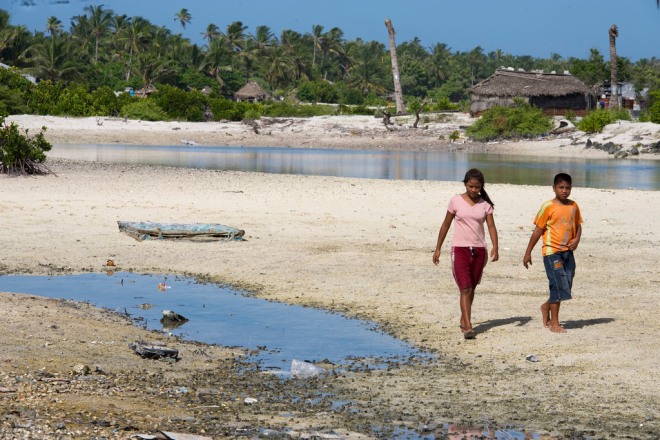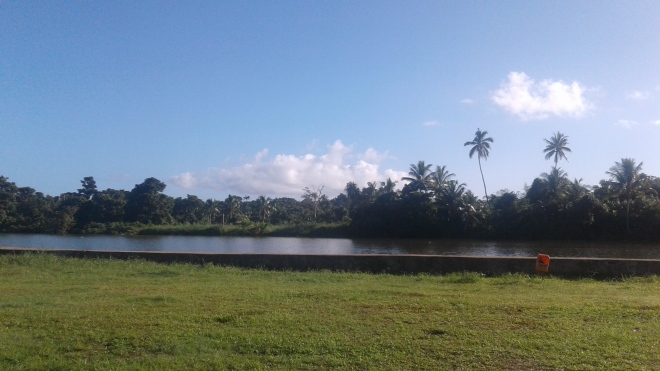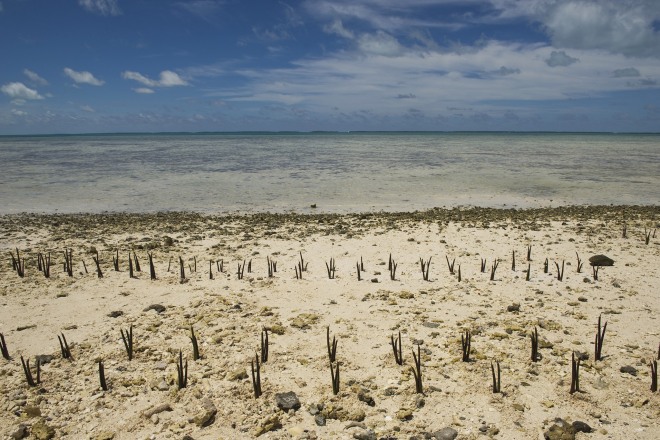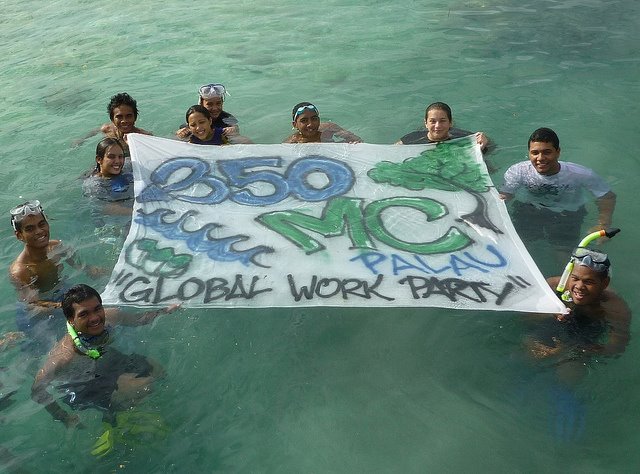Climate change is one of the most concerning issues of our time. As a young Pacific Islander, looking and sensing the effects of climate change now and fore sighting the future makes me unhappy and I am sure many other are too.
There is no doubt that climate change is contributing towards the increasing severity and frequency of natural disasters in the Pacific. People in the Pacific have accepted the fact that climate change is real and it will directly shape our lives; whether the effects are natural, social or economic.

Not only is the region vulnerable to natural disasters, there are many health problems associated with it, which puts the society at risk. Severe tropical cyclone Winston, the strongest cyclone to make landfall in Fiji on 20th February 2016 and the second in the world recorded history clearly indicates that climate change is reality to those who do not accept it as truth.
In the Pacific, climate change is already having an impact on people’s lives ‘making life harder than it already is. These changes includes sea level rise, from food security to relocation, increase health problems and many others. Despite being the least responsible, the Pacific Islands are facing its adverse effects with some island like Kiribati at the risk of submerging.

Climate change is a global issue and overcoming it is a huge challenge. Therefore a global effort is necessary, however it is only best to start in our own local communities, country and the region. For this to happen, youths play a very huge roles in learning about the immerse effect of climate change is to our mother land and also in disseminating information of it effects to others.
Climate change potentially represents a major threat to the health and socio-economic stability of youth—particularly in developing countries, where 80% of young people live. [United Nations Joint Framework Initiative on Children, Youth and Climate Change, 2010]
According to the United Nations Secretary- General’s Envoy on Youth, majority of the population in many countries constitute of youths who have an increasingly strong social and environmental awareness, which is powerful in transforming our societies towards low carbon and climate resilient future. While the motivating factor to fight climate change might not have change, the global society is now definitely more complex and interconnected than it was decades ago. Mitigating the effects of climate change won’t be easy, therefore the society need to change the way we live our lives and use our resources wisely.
Young people play a key role in addressing climate change and sustainability .You are never too young to start fight climate change or being concern about something that affects us all and our future generations. One important step is following COP 23 and other successful international negotiations to empower young people by convening and educating students on the drastic effect of climate change to the Pacific.
. “We are the first generation that can end poverty. We are also the last generation that can slow global warming before it is too late.” – UN Secretary General Ban Ki-moon, 2015.
Happy Reading!








